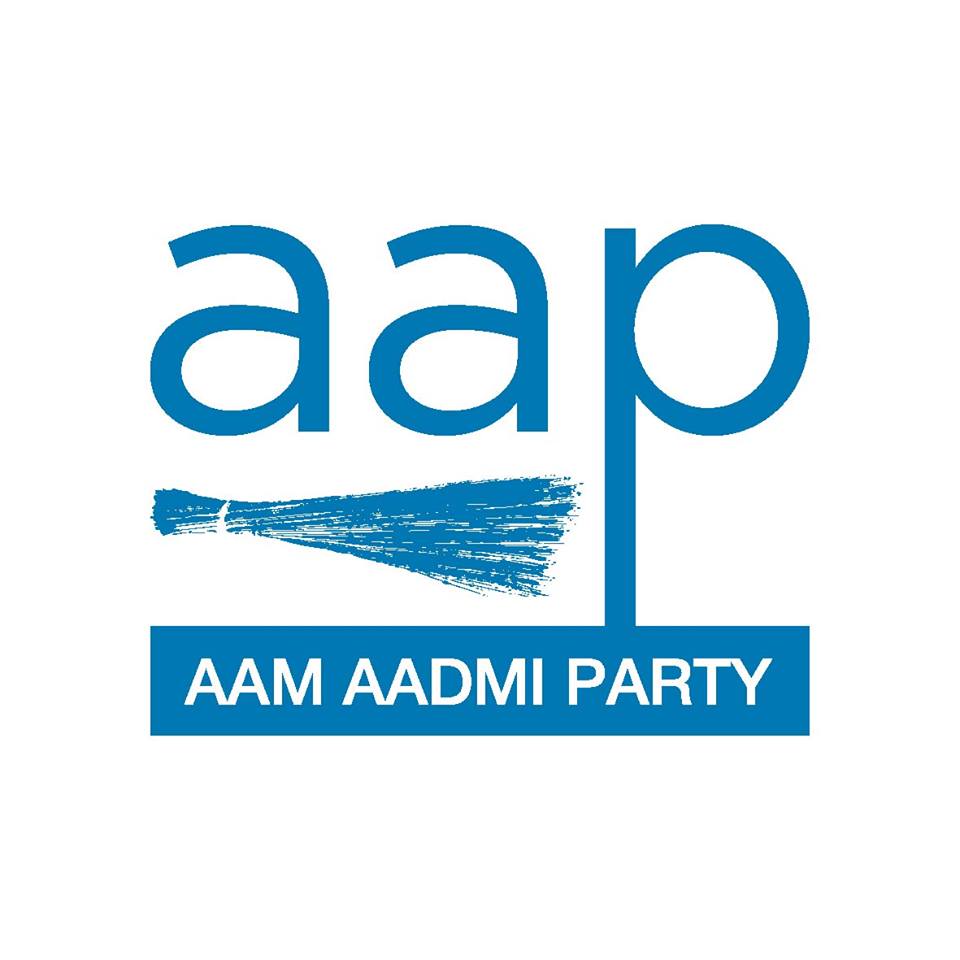

The AAP Delhi Government has introduced Emergency Care measures as part of the Delhi Healthcare model to provide an accessible and quick first response service.
Bike Ambulances – first of its kind intervention in India
Bike-Ambulance FRVs (First Responder Vehicles) – a first of its kind intervention in India – were launched in Feb 2019 in East Delhi to provide accessible and quick emergency pre-hospital response in congested areas and narrow lanes inaccessible to ambulances.

(Source: A fleet of bike ambulances during its launch by Delhi chief minister Arvind Kejriwal in New Delhi on Thursday. Photo: BUNNY SMITH. The Asian Age)
- These bikes come loaded with a portable oxygen cylinder, a first aid kit and dressing materials, air-splints, foldable transfer sheets, ambu bags, glucometer, pulse oximeter and a portable manual suction machine.
- 16 operational First Response Vehicles attended to 1095 patients in the first 9 months between Feb and Oct 2019.
- In the 1st 8 months, by 1st Oct 2019, these FRVs had saved 700 lives in Delhi.
- Against the sanctioned funds of ₹40 lakh, the project was completed at ₹23 lakh only.

(Source: Pg. 52, DDC Performance Report, 2015-2019)

Farishte Dilli Ke – to help accident victims during critical “golden hour”
The ‘Farishte Dilli Ke’ scheme that was launched on 8th Oct 2019 provides cashless treatment to road accident victims, burn victims and acid attack victims in any private hospital of Delhi. It was started to ensure that these victims reach a hospital within the critical “golden hour”.
“The chances of survival increase by 70-80% if a person is taken to the hospital within one hour of his accident, which is the ‘Golden Hour’ of his life.” – Arvind Kejriwal, Delhi CM
- A Good Samaritan or Farishta may take any victim of a road accident to any hospital in Delhi and be eligible for a Rs. 2,000 reward. They will also not be liable to any questions by the police.
- Cashless treatment is provided to any eligible medico-legal victim of road accidents (where the incident has occurred in NCT of Delhi) in any private hospital/nursing home.
- Treatment is provided irrespective of income and domicile status if (s)he is brought/referred/transferred to the private hospital within 72 hours of the incident
- By Dec 2019, more than 3000 medico-legal victims had availed of the cashless treatment in private hospitals and 98 individuals had been identified as Good Samaritans. (Source: Pg. 11, DDC Performance Report 2015-2019)
- More than 3,000 lives were saved during the 1.5 years of the trial run of this scheme.
More than 10,000 lives had been saved under the “Farishte Dilli Ke” scheme upto February 2021.

(Source: Pg. 50, DDC Performance Report, 2015-2019)


